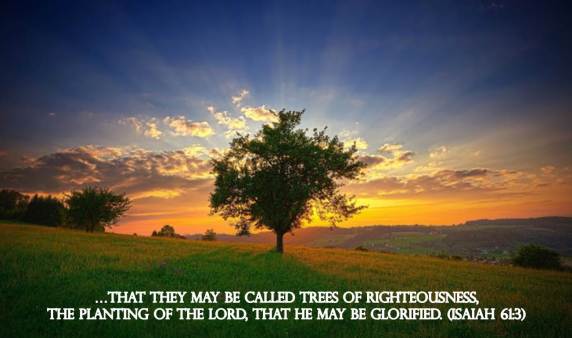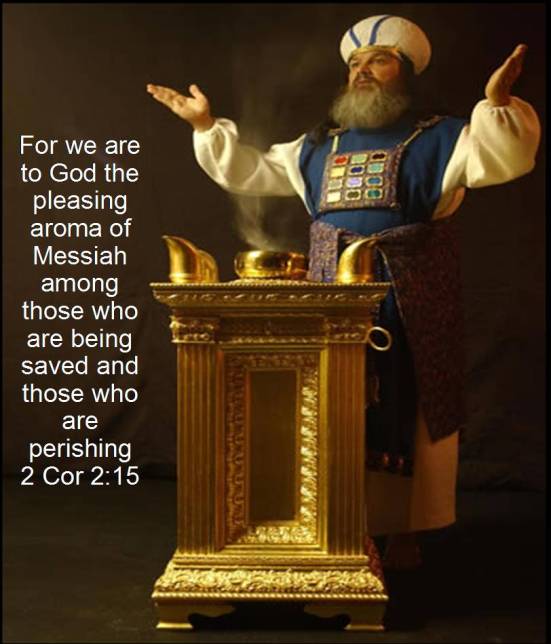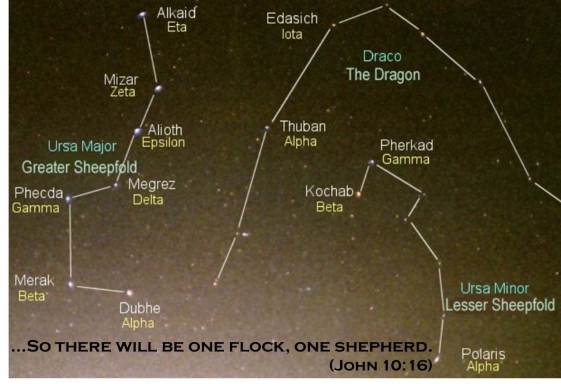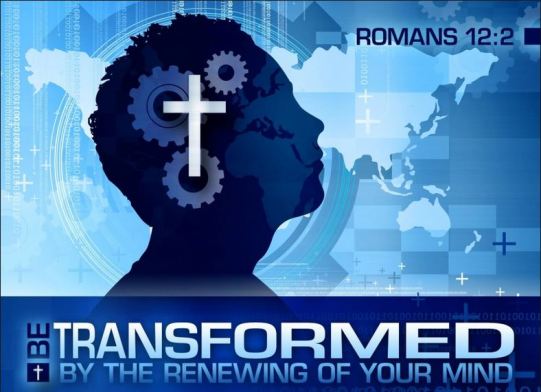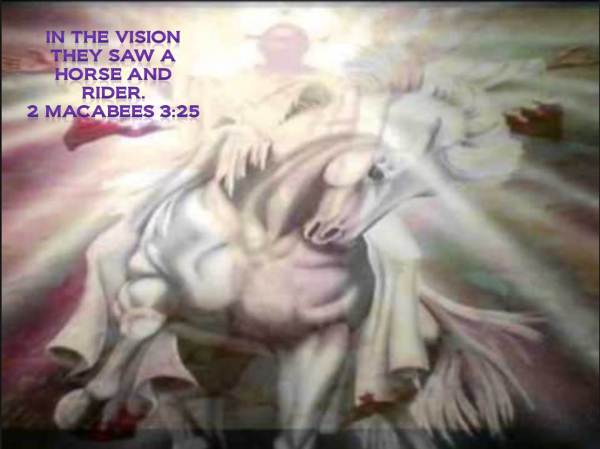 To celebrate Chanukah, we decided to read a portion of the story of the Maccabees each night. The second book of Maccabees, chapter three has enlightened our understanding of the events leading up to the celebration of Chanukah. It has also provided us with insight and direction in dealing with issues that are currently challenging us.
To celebrate Chanukah, we decided to read a portion of the story of the Maccabees each night. The second book of Maccabees, chapter three has enlightened our understanding of the events leading up to the celebration of Chanukah. It has also provided us with insight and direction in dealing with issues that are currently challenging us.
Here is a brief summary of the chapter. There was a high priest named Onias who strictly obeyed the laws of YHVH. While Onias was high priest, Jerusalem enjoyed peace and prosperity, and received respect and generous gifts from the kings of many nations.
A man named Simon lost an argument with Onias and sought revenge by lying to Apollonius, governor of Greater Syria, and offering to him the money from the Temple treasury. Apollonius passed this misinformation on to the king, who sent a man named Heliodorus to confiscate the money. A portion of this money had been designated for the widows and orphans and a portion of it belonged to a wealthy man. To take the money would be to break YHVH’s laws concerning money deposited in the Temple treasury and would betray the trust of those who depended on the integrity of the ones in charge of the treasury. Heliodorus decided to confiscate the money anyway.
The priests and the people joined together in begging YHVH to protect the treasury money, praying on their faces before His altar. YHVH responded in a dramatic way. Heliodorus returned to the king without the money, but with a strong testimony concerning the power and faithfulness of YHVH.
This story speaks volumes to us as we seek funds to build a refuge for some widows in India. Just as the people of Jerusalem were on their faces before YHVH, the widows in our sister congregations spend much of each day on their faces, praying for the salvation of others. And yet, these women are considered curses in their society and are much oppressed.
We are in the process of raising funds for the construction of the widows’ home. As we began this process, the Holy Spirit led us to create a faith covenant with YHVH. Each day we remind YHVH of His promises towards the widows, orphans and the oppressed by reading aloud pertinent Scripture verses. Several weeks after we began our faith covenant, YHVH gave us His response to our covenant, which is Proverbs 15:25: “YHVH will tear down the house of the proud, but will establish the boundary of the widow.”
As developments unfold, we comprehend at new levels the depth of YHVH’s promise in this verse. Persecution against non-Hindus is on the rise in India. It is becoming more difficult to get the funds safely delivered to the congregational leaders. Local authorities who have been bent on persecuting our sister congregations are gaining more power. Our sister congregations, especially the leaders, are watched very carefully. We would be tempted to think that this cause is hopeless, but the Holy Spirit reminds us that this home for the widows is YHVH’s response to the cries of the congregants after the widows were thrown out of a temporary shelter and had their lives threatened.
Therefore, we believe that 2 Maccabees, chapter 3 illustrates for us our next step. We are asking that those who support us in this effort storm heaven and remind YHVH of His promise in Proverbs 15:25. We believe He will hear our cries and respond in a powerful way if we stand on faith in this matter.
We have provided a copy of chapter 3 below for you to read and prayerfully consider. Note how many times YHVH miraculously intervenes to answer the cries of those who seek diligently to keep His laws.
II Maccabbees 3
When Onias[a] was High Priest in Jerusalem, the holy city enjoyed peace and prosperity, and its laws were strictly obeyed, because he was devout and hated evil. 2 The kings of Syria and Egypt honored the Temple and presented it with expensive gifts, 3 and King Seleucus, ruler of all Asia, even paid the costs of the Temple sacrifices from the revenues he collected.
4 But a man by the name of Simon, of the tribe of Bilgah, the chief administrative official of the Temple, lost an argument he had with Onias over the regulations governing the city market. 5 At this time Apollonius son of Thraseus was the governor of Greater Syria. Simon went to him 6 and said that there was so much money in the Temple treasury that it could not be counted, and since the money was not needed for sacrifices, it might as well be placed under the king’s control.
7 When Apollonius met with the king, he told him about the money, and the king ordered Heliodorus, his chief minister, to get it for him. 8 Heliodorus set out at once on his mission, but he claimed that he was only making a tour of inspection of the cities of Greater Syria. 9 After he had arrived in Jerusalem and had been warmly received by the High Priest, he explained the real reason for his visit and asked if what he had been told was true. 10-11 The High Priest then stated that Simon, that devil of a man, had not been elling the truth. There was indeed some money in the Temple treasury, but part of it was set aside for widows and orphans and part of it belonged to Hyrcanus son of Tobias, a very important man. He also pointed out that the total amount was only 30,000 pounds of silver and 15,000 pounds of gold. 12 He added that it was absolutely impossible that anyone should be permitted to take the money of those people who had placed their trust in the sanctity and safety of this world-famous Temple.
13 But Heliodorus insisted that the money should be taken for the royal treasury, as the king had ordered. 14 So he set a day and went into the Temple to supervise the counting of the money. This caused an uproar throughout the entire city. 15 Priests, wearing their priestly robes, threw themselves face downward before the altar and begged God to keep the money safe, since he had given the laws designed to protect the money that people deposited in the Temple. 16 It was heartbreaking to see the High Priest. His face turned pale, revealing the agony of his soul, 17 and his body was trembling with fear, reflecting the pain in his heart. 18 People ran from their houses to join together in prayer that the Temple might not be defiled. 19 Women, wearing nothing but skirts of sackcloth, crowded the streets. Young girls whose parents had never allowed them to be seen in public ran to the gates or to the walls of the city, or just stared out of their windows. 20 But wherever they went, they lifted their hands to God in prayer. 21 What a pitiful sight it was to see the High Priest in such great agony and frustration and to see everyone in the city confused and lying face down on the ground.
22 While everyone was begging the Lord Almighty to protect the money that had been entrusted to his care, 23 Heliodorus went on with his plan. 24 But at the very moment that he and his bodyguards arrived at the treasury, the Lord of all supernatural powers caused such a vision to appear that everyone who had dared to enter with Heliodorus was panic-stricken and weak with fear at this display of the Lord’s power. 25 In the vision they saw a horse and a rider. The horse had a richly decorated bridle, and its rider, dressed in gold armor, was frightening. Suddenly the horse rushed at Heliodorus, then reared up and struck at him with its hoofs. 26 Heliodorus also saw two unusually strong and handsome young men, wearing very fine clothes. They stood on either side of him and beat him unmercifully. 27 He immediately fell to the ground unconscious, and his men put him on a stretcher 28 and carried him out. Only a moment earlier this man had entered the treasury with a large group of men, including all his bodyguards, but now he was being carried away helpless. So they all openly acknowledged the mighty power of God.
29Heliodorus lay there unable to speak and without hope of recovery from this demonstration of God’s power. 30But the Jews praised Almighty God because he had miraculously protected his Temple and had brought great happiness where only minutes before there had been fear and confusion. 31 Some of Heliodorus’ friends quickly asked Onias the High Priest to pray that the Most High would spare the life of this man who was at the point of death. 32 So the High Priest offered a sacrifice in the hope that God would save Heliodorus, for he did not want the king to think that the Jews had done this to the man he had sent. 33 While Onias was offering the sacrifice, the two young men, wearing the same clothes as before, again appeared to Heliodorus and said,
Be grateful to the High Priest; the Lord has spared your life because of him. 34 Remember that it was the Lord of heaven who punished you. Now go and tell everyone of his great power. When they had said this, they disappeared.
35 So Heliodorus offered a sacrifice to the Lord and made many promises, because the Lord had spared his life. Then he said good-bye to Onias and returned with his army to the king. 36 There he told everyone what the Lord, the most powerful of all gods, had done.
37 When the king asked Heliodorus who would be the best man to send on the next mission to Jerusalem, Heliodorus replied, 38If you have an enemy or know of someone plotting against your government, send him. He will come back badly beaten, if he comes back at all, for some strange power from God is at work there. 39The God of heaven watches over the Temple; he strikes down and destroys anyone who comes to harm it.
40 That is the story of how the Temple treasury was protected from Heliodorus.
 The one who overcomes, I will grant to them to sit down with Me on My throne, as I also overcame and sat down with My Father on His throne (Rev 3:21).
The one who overcomes, I will grant to them to sit down with Me on My throne, as I also overcame and sat down with My Father on His throne (Rev 3:21).


